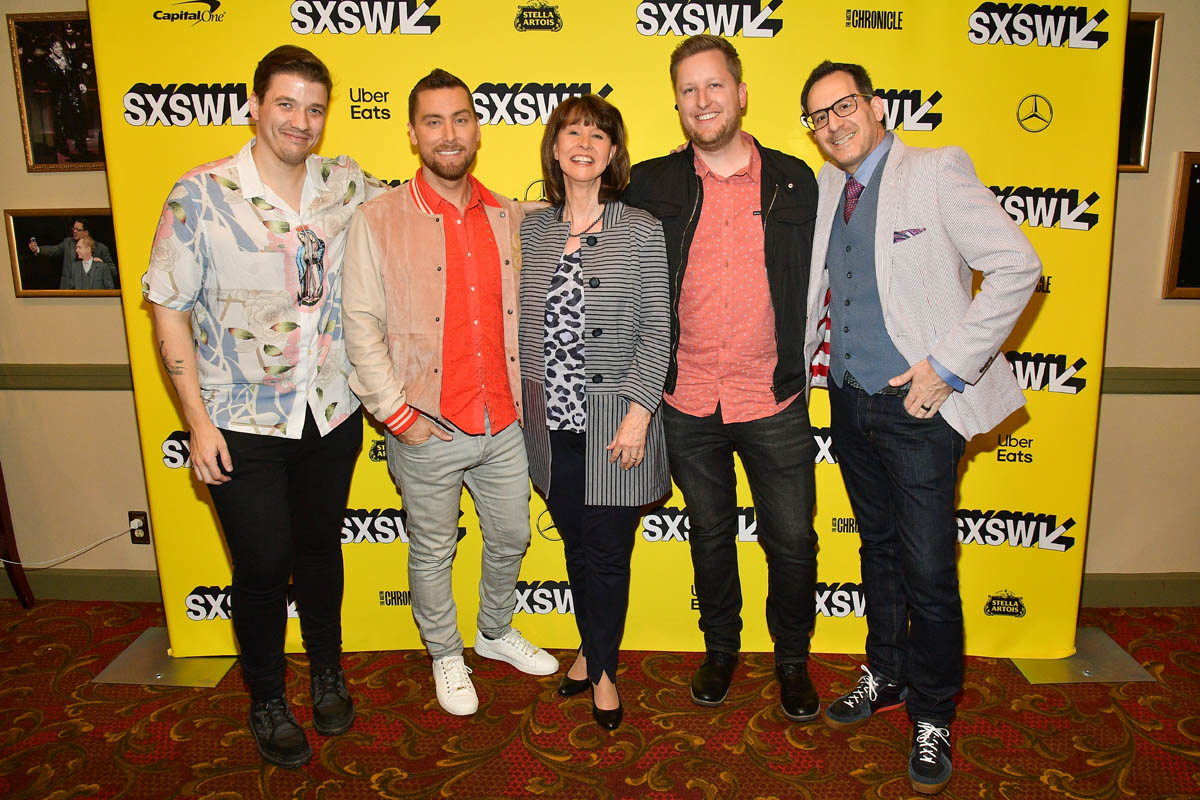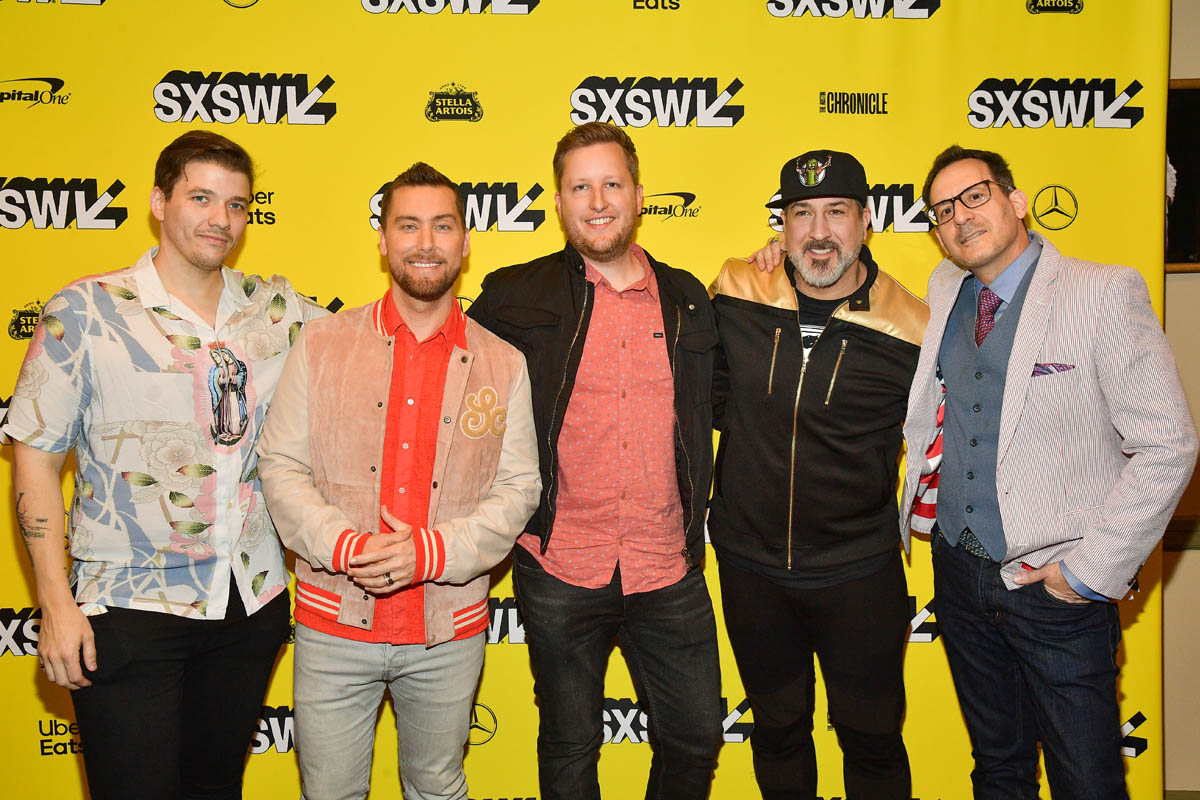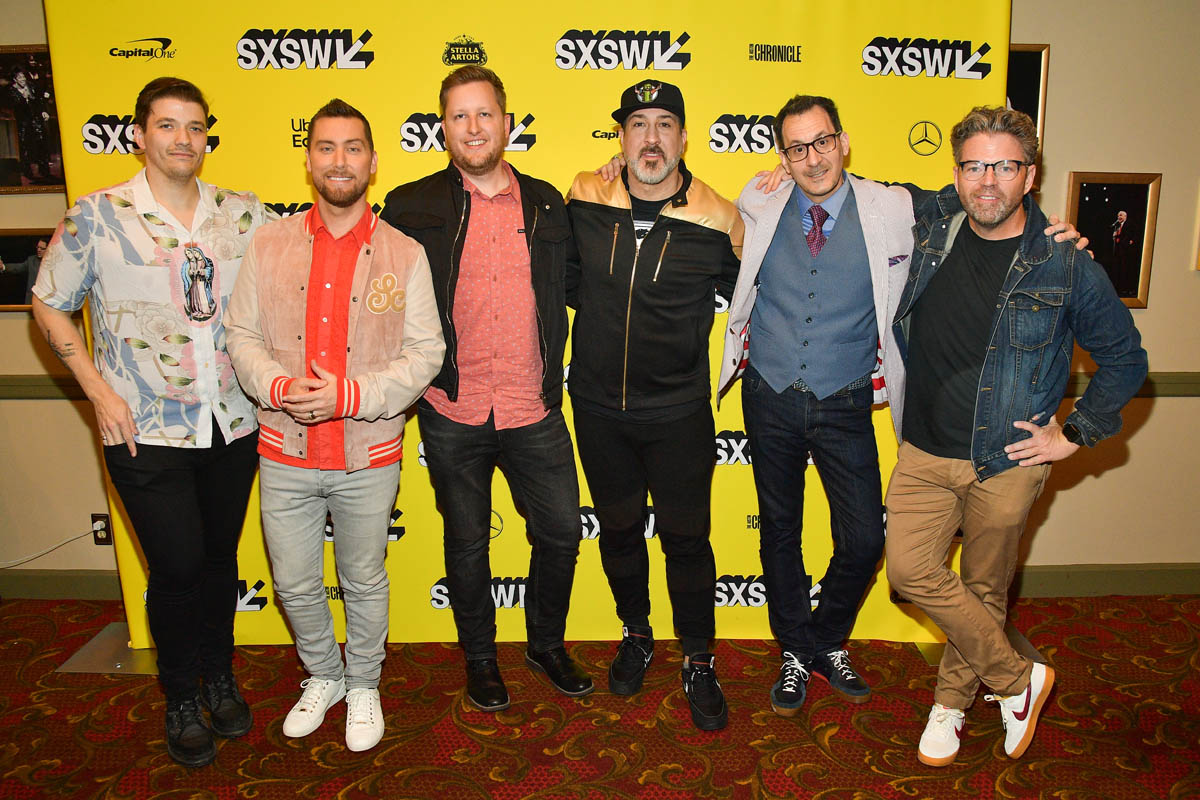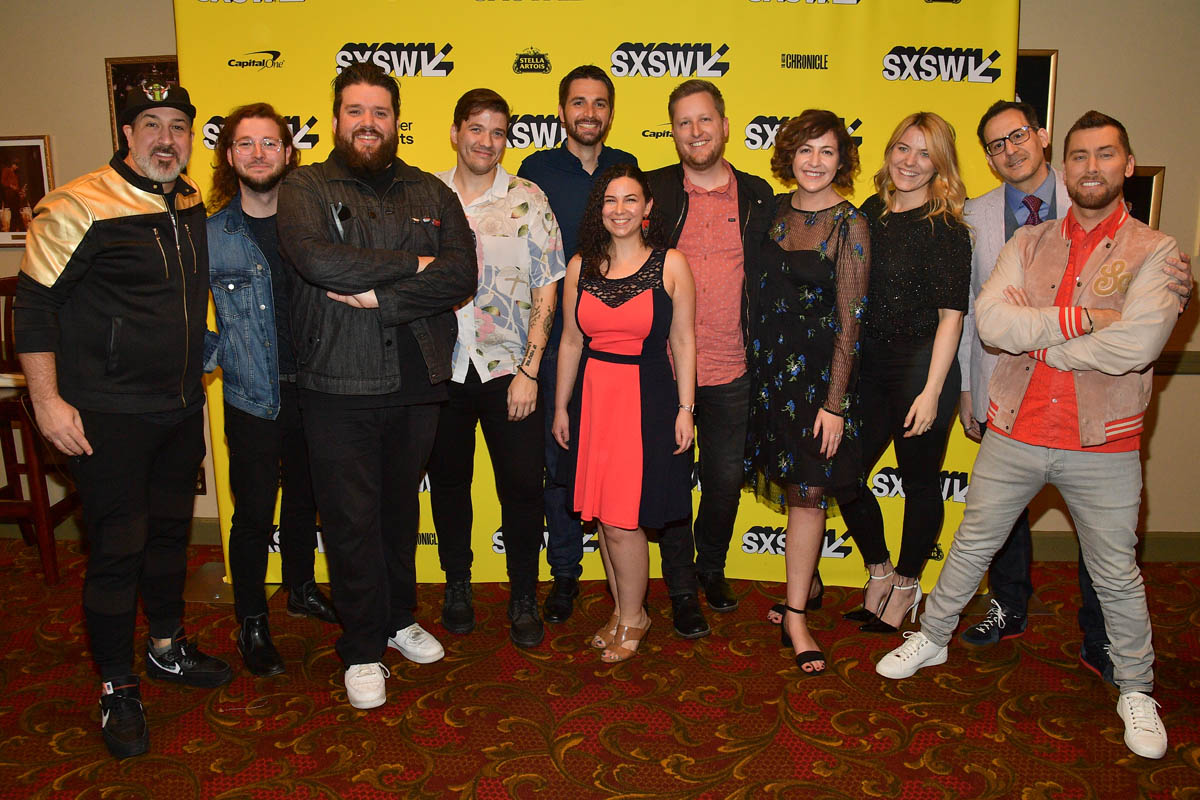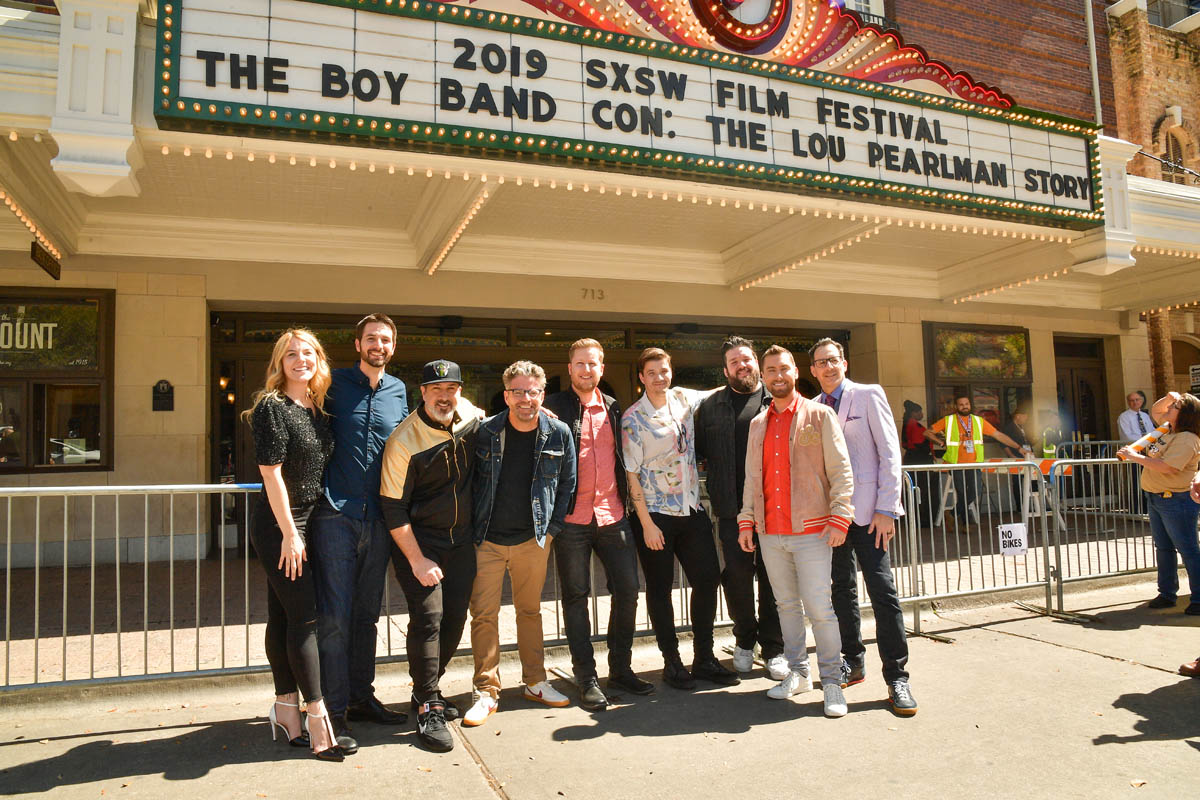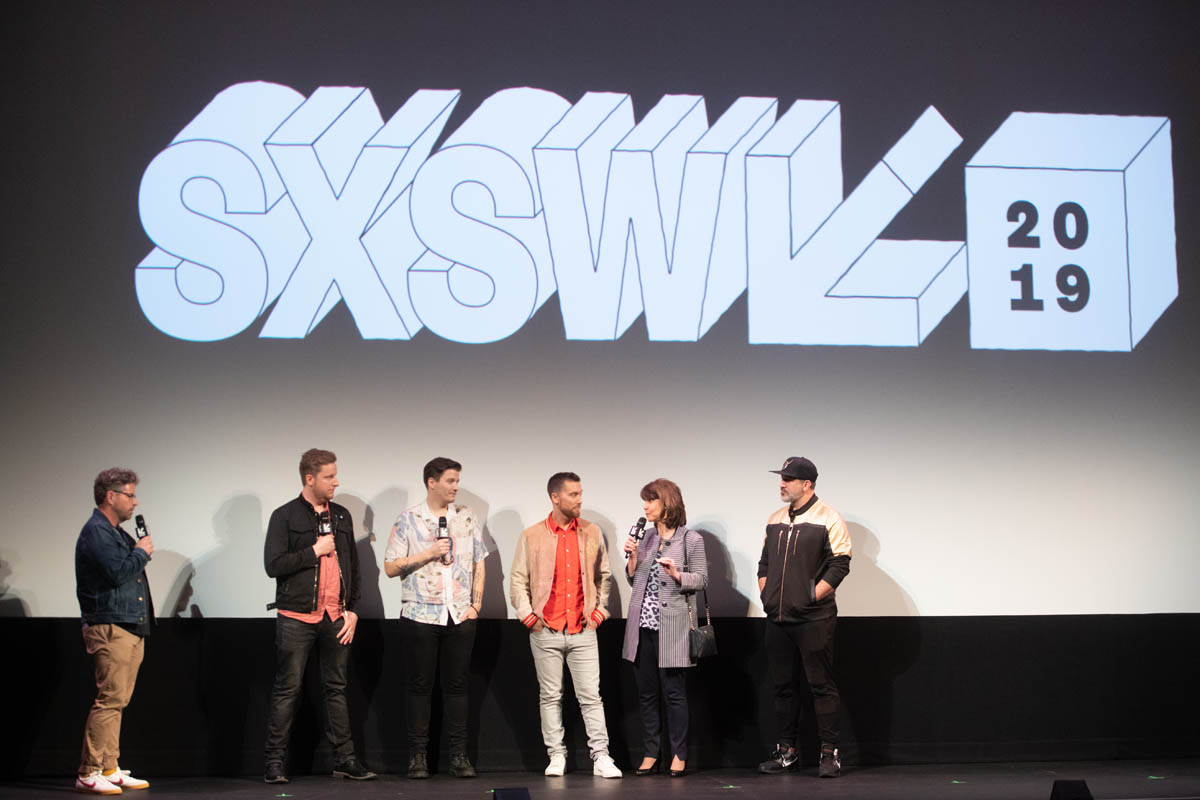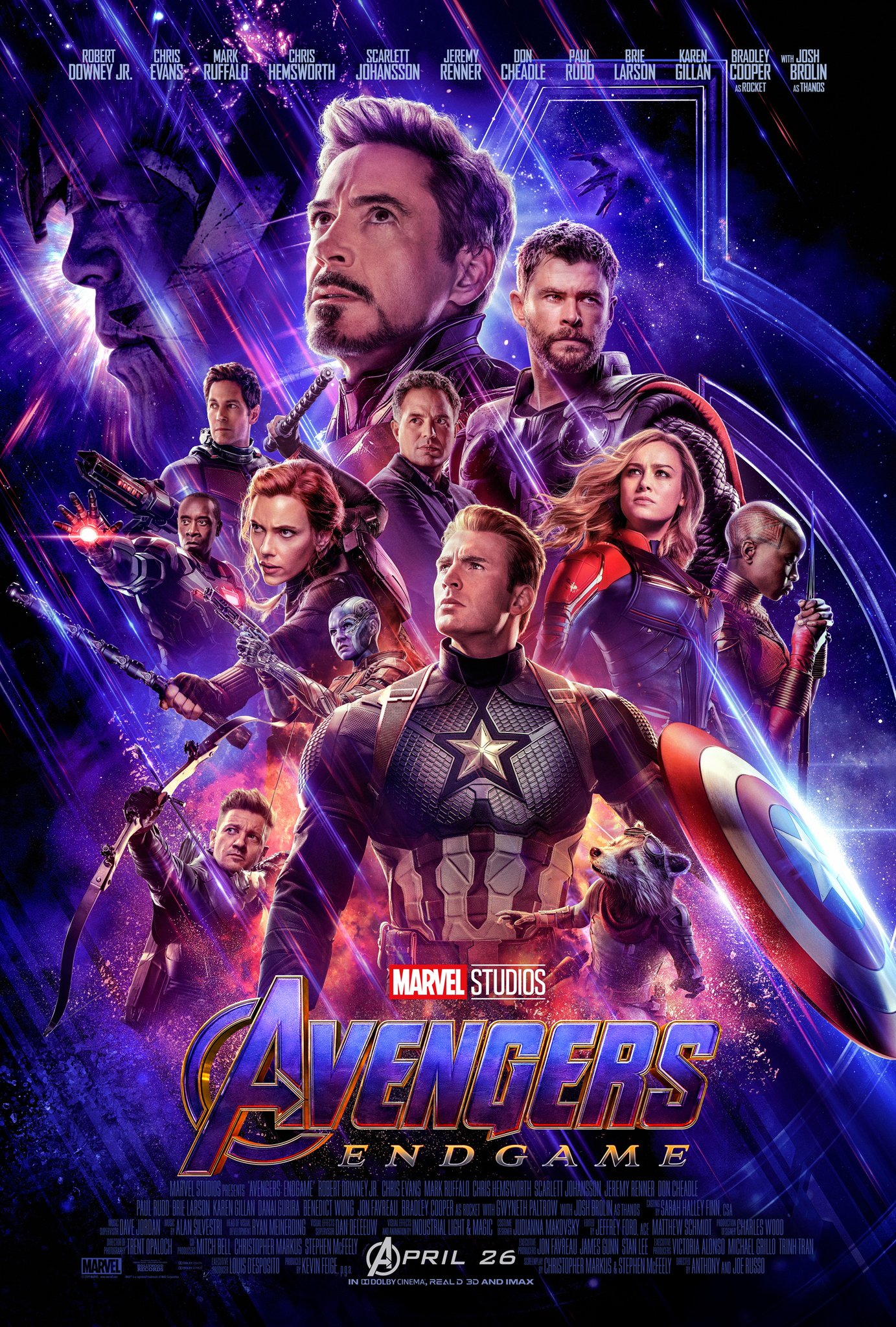The year of the scam continues in The Boy Band Con


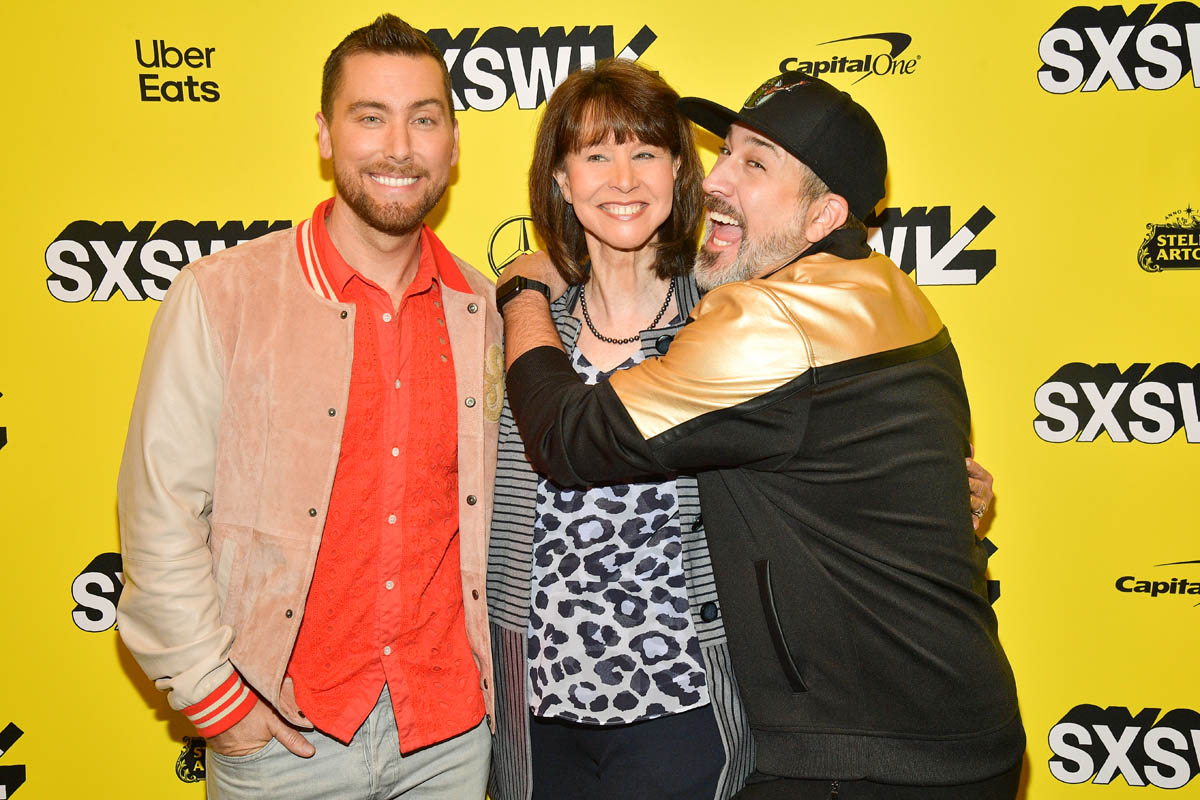
Scammers, as we’ve seen this year, are having a moment. That momentum continues with The Boy Band Con: The Lou Pearlman Story, the satisfying documentary about the late fraudster mogul who discovered Backstreet Boys, *NSYNC, Aaron Carter, O-Town, LFO, and most of your favourite 90s and early aughts pop musicians from the TRL era. The film, which is produced by Lance Bass, features talking head interviews and analysis from the musicians and “people who lived it.” These are big names: The Backstreet Boys’ AJ McLean, *NSYNC’s JC Chasez, Chris Kirkpatrick, Lance and his mom Diane, Aaron Carter, O-Town’s former frontman Ashley Parker Angel, and more. Justin Timberlake’s mom Lynn Harless appears for an interview too, as do experts like Lori Majewski, the co-founder of millennial gossip bible Teen People, childhood friends of Lou, and a sampling of the investors he swindled.
The Boy Band Con is a YouTube original, and premiered at SXSW yesterday. Speaking about the college admissions scandal and how topical the documentary is, Lance told local outlet KVUE that “It’s true, I feel like everything is a scam these days, but at least we’re all figuring it out together. … the truth eventually comes out.” I received a screener to the film and have already seen it twice. If Duana’s got schools and “Ivy League fetishization” covered, boy bands are my thing. I still regularly watch Making the Band reruns and boy band content remains an essential part of my pop culture diet.
The Boy Band Con does not break new ground, but what it does is put all the allegations and facts swirling about Lou and his legacy in one place. It adds new details about how this Svengali exploited these young men as he conducted one of the largest Ponzi schemes in American history. He worked them to the bone, for little pay. But he did not simply take advantage of the boys and their families and other musical acts at the time, but also his investors, ripping them off for a reported range of $300-500-million.
On-screen, we learn that the Backstreet Boys and *NSYNC rivalry was REAL, and Lou would stoke the fire. In addition, they shared the management team of Johnny and Donna Wright (a conflict prominently featured in the legendary Backstreet Boys episode of Behind the Music). What’s new here is how *NSYNC was kept off the books accounting-wise. Johnny also outlined the image differences between the band: that Backstreet Boys dressed in darker colours, and were more harmony-focused, compared to *NSYNC, who were the boys next door, often dressing in goofy basketball jerseys, and were more performance-driven. AJ credits *NSYNC’s rise to seizing Backstreet’s scraps, notably, a Disney Channel concert his group turned down, which raised their profile. As Chris Kirkpatrick says in the film, “If I were the Backstreet Boys, I would have hated us too!”
AJ, Lance, JC, and Chris also take us inside the brutal legal battles to regain control of their money and their royalties while severing ties from “Papa Lou,” somebody who AJ called a “big kid.” These lawsuits, and the discovery that Lou was writing himself into the bands as “one sixth” of the group, is something that’s been documented before, on episodes of Making the Band, loads of news coverage, American Greed, and in the 2015 Backstreet Boys documentary Show ‘Em What You’re Made Of. But the emotion is still raw, as are the wounds of betrayal. How could the seemingly benevolent charmer who put these groups together and nurtured their talent turn on a dime and be so motivated by greed? And even with these reports, and messy settlements, why did somebody like Ashley Parker Angel still audition for O-Town, trust Lou, and choose to look the other way?
"This guy is the guy pioneering music on the radio right now, you know what I mean?” explained Ashley, recalling his Making the Band audition for O-Town in Las Vegas, back in 1999. “He was the Berry Gordy of my generation, and here I am, talking to the creator in the bathroom of all places."
He refers to the era as if it was “Peter Pan and the Lost Boys.” Speaking to O-Town’s success, and how selling nearly 10 million albums and having number one singles compared to his meager compensation, he adds:
"Every band he’s created so far says he’s crooked, and they’re leaving and they’re suing him. He’s the guy giving you the paperwork to sign with his company, and you’re like, ‘What do we do?’ … Ultimately, we signed the contract, because that was the opportunity on the table. … But you realize, I could have made this much working full-time at Starbucks, and that's disheartening, but you're in this weird position as a young performer to either take an opportunity or not."
It’s yet another cautionary tale and the pitfalls of the pursuit of fame. Seeing the band members come to grips with the realization that their success could have partly helped bankroll Lou’s schemes is very compelling, as is their wrestling with Lou’s legacy, and what they did for love and ambition. Mixing interviews with archival footage, never-before-seen home movies, audio recordings and some 20/20-esque re-enactments, the film is a well-intentioned introduction to the boy band phenomenon and this notorious con, but diehard fans will want more from the incredible access Lance had. It feels in part, to quote the Backstreet Boys, “Incomplete.” Especially considering some of the claims made in the film, like that Innosense’s Nikki Deloach was filmed naked while tanning in Lou’s tanning bed. And when it comes to the molestation or sexual misconduct allegations levelled against Lou in the 2007 Vanity Fair article “Mad About the Boys,” or that his financial predatory behaviour may have extended into the sexual realm, the documentary keeps it murky. Lance and Ashley are quick to call these rumours “unconfirmed” while admitting Lou was very “touchy-feely.”
“I knew I didn’t want to tell any story that I didn’t have complete facts on,” said Lance to Deadline. “That was my reservation — and that’s a lot of the cast’s reservation to even do this film because they just didn’t want to be a part of a very dark story of just really beating a dead man down. I knew that’s not the journey we were taking.”
The team was selective with their interviews. Joey Fatone did not appear on-camera, but he was at the world premiere last night. And when Lance was asked about Justin Timberlake’s possible participation, he said he did not even reach out to him. The question remains whether they were fully unwilling to engage because of their “reservations” or if that was one of the conditions for these band members to participate in the first place. But there are people who were willing to go on-record in 2007 like staff members who worked Lou’s company, TransContinental Records. Lance and the film’s director Aaron Kunkel could have made more of an attempt to address these claims with a #MeToo sensitivity, as opposed to having Ashley talk about LFO’s Rich Cronin, and his infamous 2009 appearance on Howard Stern, where he talked about Lou’s “massages” and how the young band may be asked to perform oral favours when promoting their music abroad. But isn’t that part of the problem? The unwillingness to engage with what is the most lasting damage when kids are commodified and, often, preyed upon? Financial losses are one thing. But other losses can’t be quantified – those are the painful traumatic losses that can never be recouped.
And here’s an interesting note: the film times out to about 99 minutes, matching the year the boy band phenomenon hit its apex. That’s just a coincidence, right?
The Boy Band Con: The Lou Pearlman Story will be released on YouTube on April 3.

